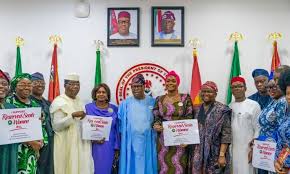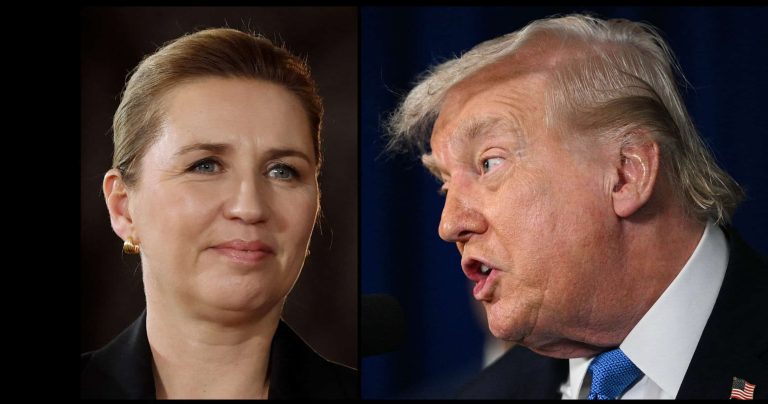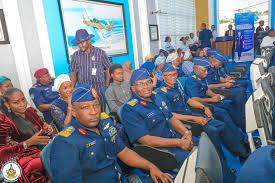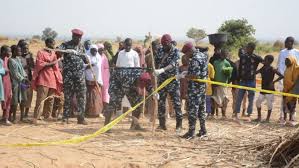
Nigeria’s top lawmakers have renewed calls for deeper democratic reforms and stronger inclusion of women in the nation’s political and governance structures. Senate President, Godswill Akpabio and Deputy Speaker of the House of Representatives Benjamin Kalu made the appeal on Monday during a consultative session with political party leaders in Abuja.
The meeting brought together national chairmen, secretaries, and women leaders of registered political parties to discuss the ongoing review of the 1999 Constitution and explore ways to make Nigeria’s democracy more inclusive, participatory, and effective.
Kalu, who also chairs the House Committee on Constitution Review, said that despite 26 years of uninterrupted democratic rule, Nigeria has yet to fully realise the promises of representative governance envisioned in 1999. He urged political leaders to work closely with the legislature to ensure that women and other underrepresented groups receive fair inclusion in the evolving constitutional framework.
“The cooperative democracy we imagined 26 years ago has not fully materialised,” Kalu said. “After decades of military rule, we hoped for an era of freedom, justice, and prosperity. While progress has been made, our elections are more consistent, power has changed hands peacefully, and civil society remains vibrant, too many Nigerians still feel left behind.”
Kalu explained that the constitution review process seeks to address key structural gaps such as local government autonomy, power devolution, independent candidacy, state policing, and special seats for women in parliament. He revealed that the committee had conducted nationwide consultations across the six geopolitical zones, engaging stakeholders to gather diverse perspectives on the reforms.
“We need a constitution that doesn’t just permit democracy but actively enables it,” Kalu said. “Too many Nigerians, especially women, remain excluded from decision-making, even though they make up half of our population. Our local governments are weak, our electoral disputes drag on for years, and citizens have lost confidence in the system. This must change.”
He urged party leaders to scrutinise the proposed amendment bills before them and make meaningful contributions. “These reforms are not abstract legal theories,” he noted. “They go to the heart of what it means to be a democracy.”
Among the amendment proposals, Kalu highlighted provisions to guarantee women’s representation in legislative bodies, grant financial autonomy to local governments, and simplify electoral processes to reduce post-election litigation. “These bills will shape the trajectory of our democracy for the next generation,” he added.
Representing the Senate President, Chief Whip, Tahir Monguno delivered Akpabio’s remarks, reiterating the upper chamber’s support for reforms that promote inclusive governance and strengthen women’s political participation. Akpabio described the engagement as part of a broader effort to build consensus across political, gender, and regional lines in Nigeria’s democratic reform process.
He emphasized that inclusive governance is essential for national development and that sustainable democracy cannot thrive without the voices and contributions of women at every level of decision-making.
The ongoing constitutional review, led by both chambers of the National Assembly, aims to produce a revised draft of the 1999 Constitution by December 2025. Lawmakers say the reforms will not only modernize the legal framework but also ensure that Nigeria’s democracy better reflects the will and diversity of its people.



